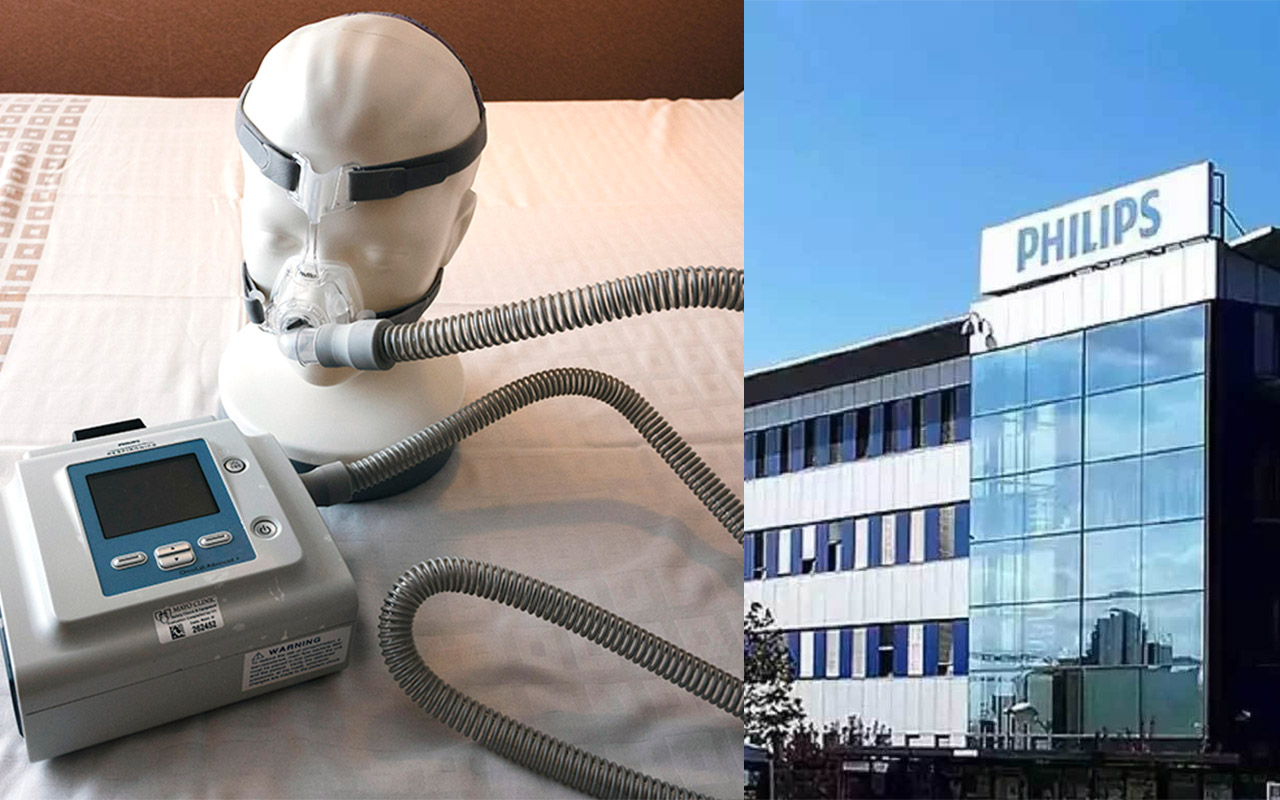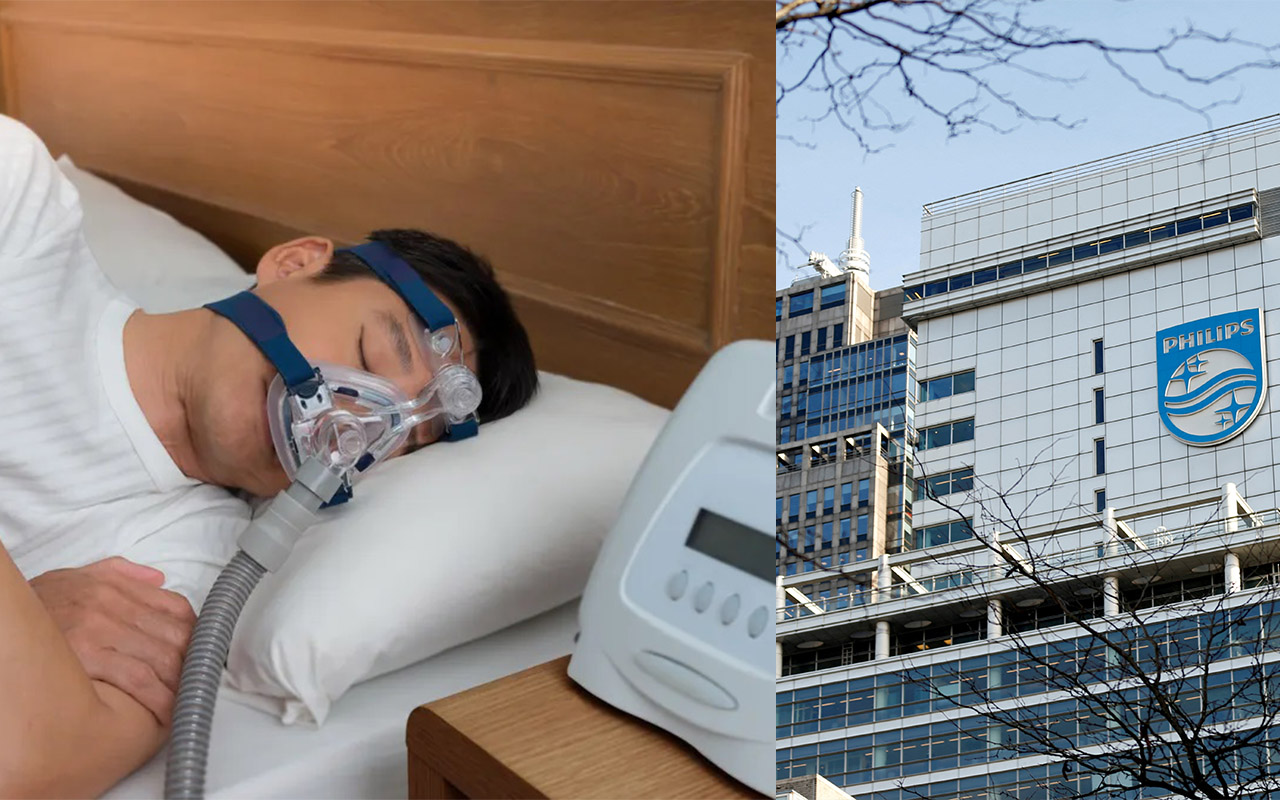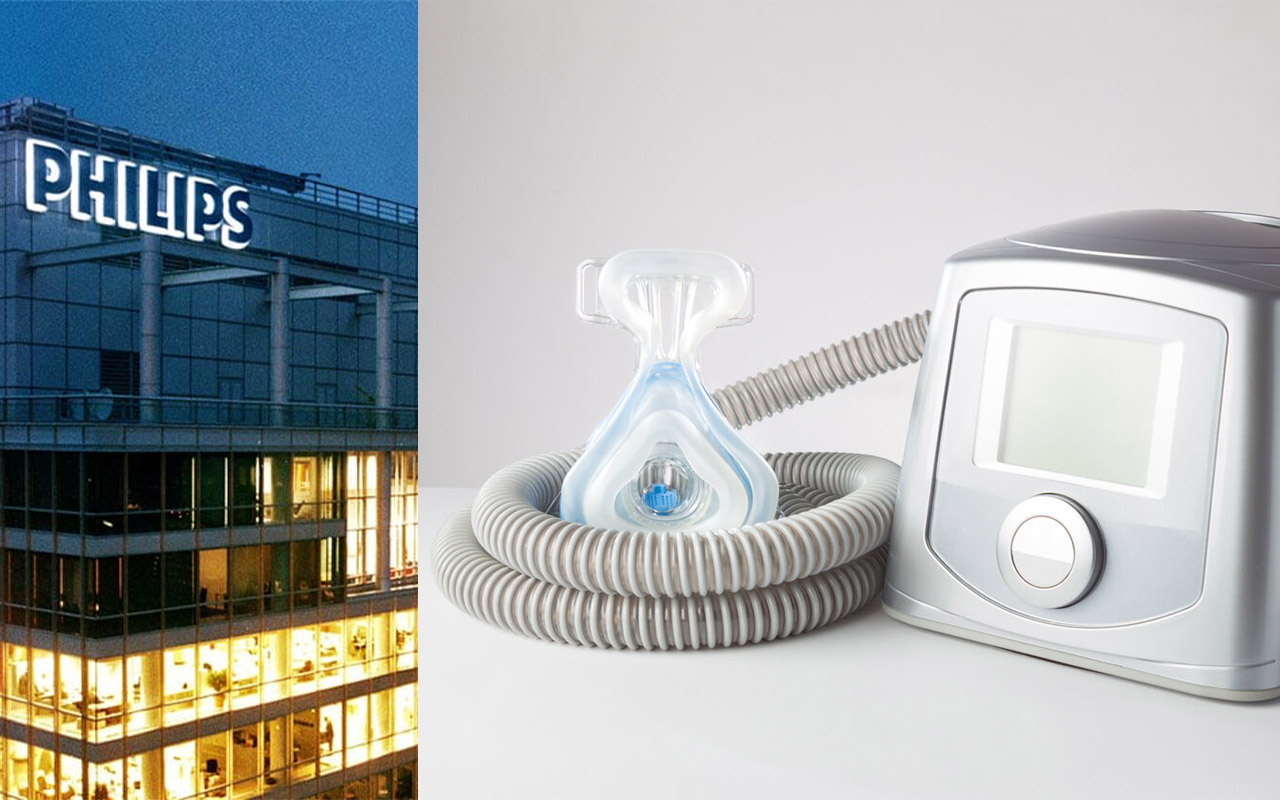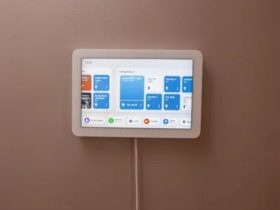Philips saw a significant rise in its stock value on Monday following the announcement of a billion-dollar settlement for personal injury claims linked to its recalled sleep apnea devices.
The subsidiary Philips Respironics had recalled approximately 15 million sleep therapy devices in 2021 due to concerns regarding a foam component’s potential disintegration, which could lead to inhalation by the user and subsequent health risks, including toxicity and carcinogenic effects.
Royal Philips CEO Roy Jakobs emphasized the company’s commitment to patient safety and quality, stating, “Patient safety and quality are our highest priority, and we have taken important steps in further resolving the consequences of the Respironics recall.”
He also noted that the remediation process for the sleep therapy devices is nearly complete and that test results thus far indicate minimal expected harm to health from their use.

While Philips Respironics agreed to a $1.1 billion settlement for U.S. cases related to the recall, the company maintains it does not accept fault or liability for any injuries caused by the devices.
The recalled devices, including ventilators, continuous positive airway pressure (CPAP), and bilevel positive airway pressure (BiPAP) machines, are designed to deliver air pressure for patients with sleep-related breathing disorders such as sleep apnea.
The recall, initiated in June 2021, was prompted by the FDA’s alert to users regarding potential risks associated with the breakdown of polyester-based polyurethane PE-PUR foam used in the devices.

The foam’s degradation could result in the inhalation or ingestion of foam particles or harmful chemicals by device users.
In January, Philips agreed to the terms of a proposed consent decree with the Department of Justice and FDA, outlining a performance improvement plan.
Chief Patient Safety and Quality Officer Steve C de Baca affirmed the company’s commitment to implementing significant organizational and operational changes to strengthen quality management processes.
The company aims to meet the terms of the consent decree while continuing to serve the millions of patients who rely on its products and services.







Leave a Reply